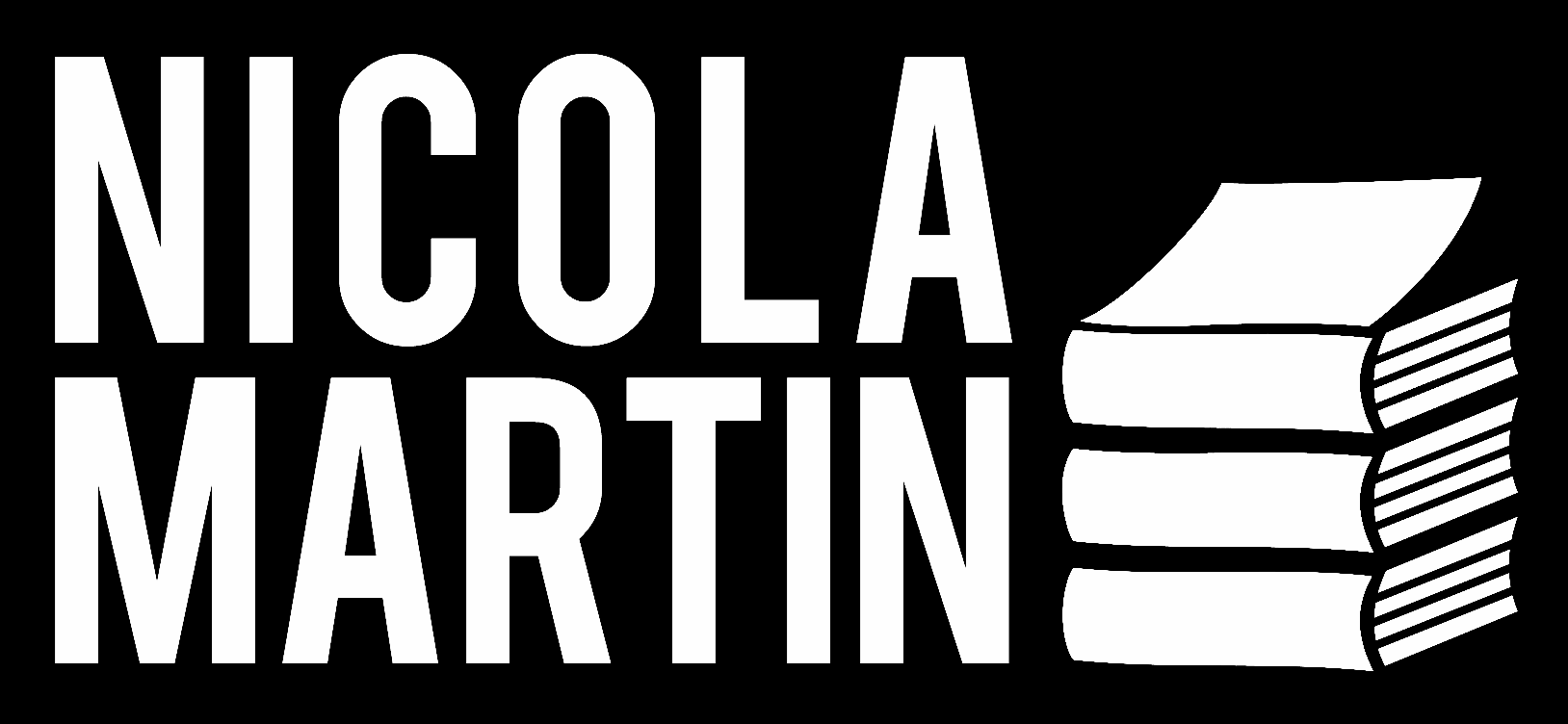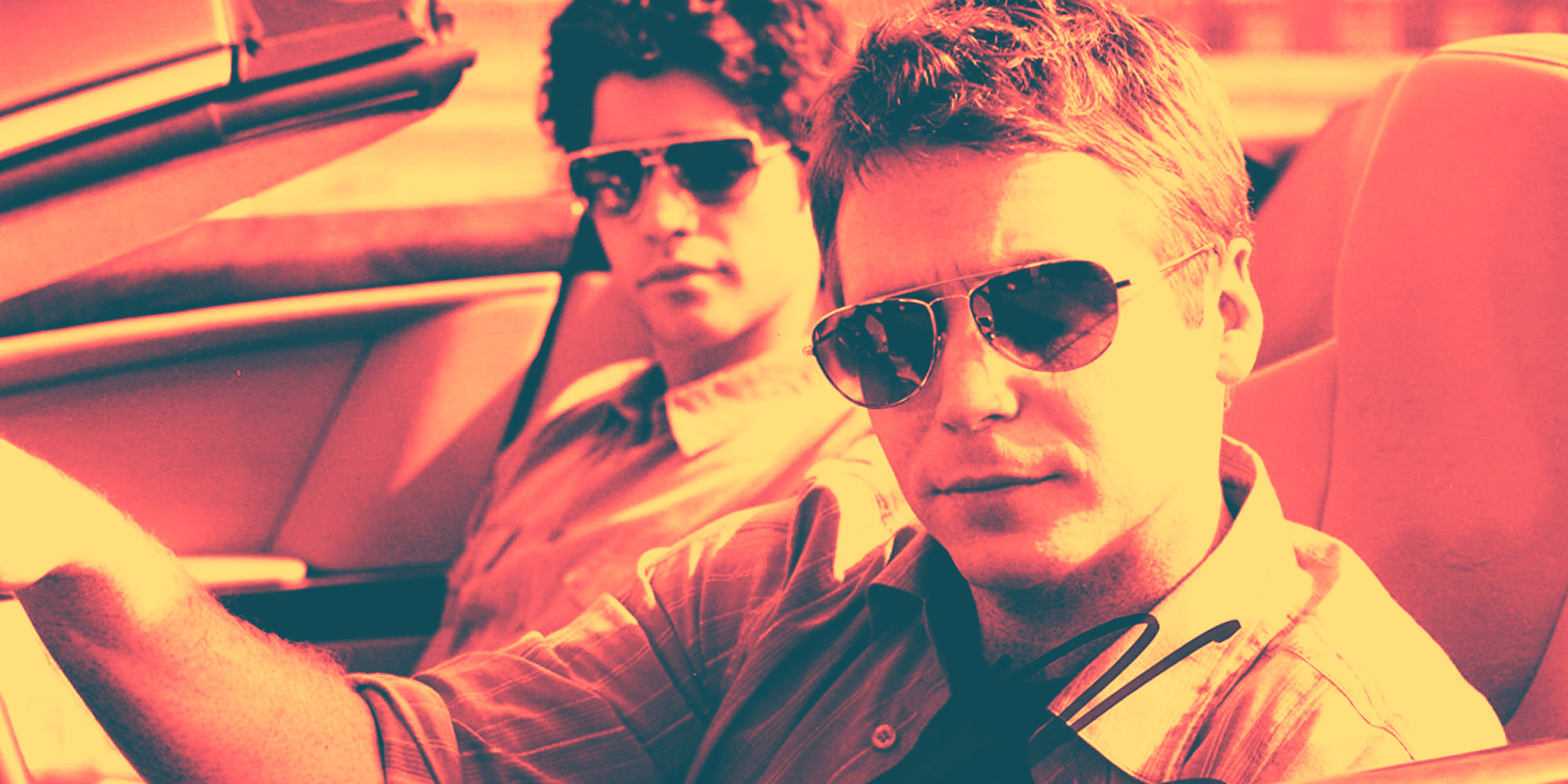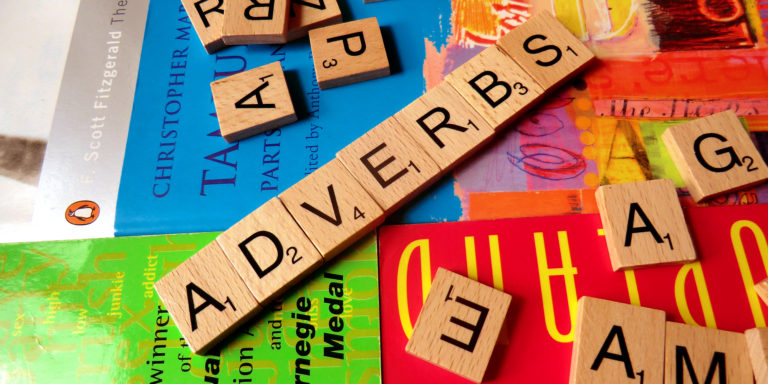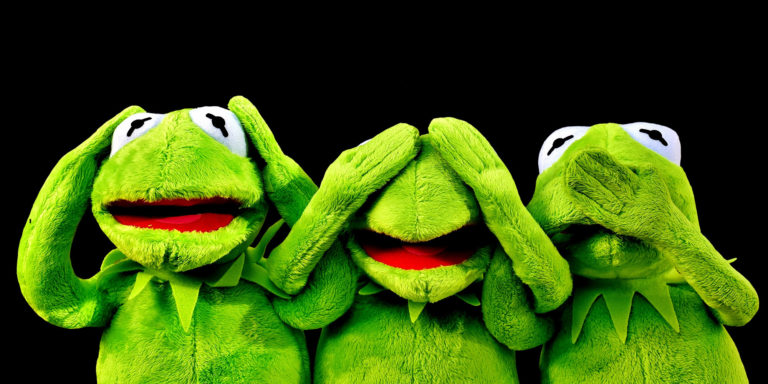5 reasons your novel’s main character sucks
They’re so smart (allegedly), they’re so charismatic (allegedly), but here are some of the reasons you might have a sucking black hole at the centre of your novel. Plus, some quick tips on how to fix your characterization issues.
This post was inspired by the Rob and Akiva Need a Podcast episode about Entourage, which got me thinking about why E is such an unlikeable protagonist, even though he’s a ‘nice guy’, the ‘smart one’ of the group, and he always gets the girl.
1. They’re so smart and charismatic … but where’s the footage to prove it?
 It’s easy to type the words “she lit up a room” or “he was naturally charismatic”. It’s much harder to render it convincingly in scenes. In too many novels, the protagonist is described as being smarter than everyone else around them. (In Entourage, E is the shining light, the one who deserved so much more than managing a pizzeria.) They’re not just attractive, they’re alluring.
It’s easy to type the words “she lit up a room” or “he was naturally charismatic”. It’s much harder to render it convincingly in scenes. In too many novels, the protagonist is described as being smarter than everyone else around them. (In Entourage, E is the shining light, the one who deserved so much more than managing a pizzeria.) They’re not just attractive, they’re alluring.
This is fine, except if you fail to actually write the main character that way. If they come across as just as regular guy or gal, then it doesn’t make sense that everyone around them keeps talking about how damn smart and speshul they are.
The fix: Cut out all the light-up-a-room crap completely. You’re only making a rod for your own back. If your character is genuinely smart/charismatic, it will shine out through action and dialogue, anyway.
2. They’re a figure of wish fulfilment
There’s nothing wrong with putting wish fulfilment in your novel. Most of us read for entertainment, after all. But if you heap too many (unearned) riches at the feet of your main character, give them too many lucky breaks, it starts to strain credulity.
This is particularly the case if you make your protagonist humble and self-effacing, an aw-shucks type who can’t believe their luck. Your reader won’t be able to believe their luck either.
For example, in Entourage, it doesn’t make sense that schlubby E would have so many beautiful women falling at his feet.
The fix: Show your protagonist earning what they get – and have them find out the downsides of getting everything they ever wanted.
3. They’re you, but without your quirks and flaws
It’s easy to end up writing about yourself, whether you mean to or not. Novelists have done it since the dawn of time. There are plenty of authors who succeed with main characters who are broadly just like them.
 I suspect every Marian Keyes heroine is a version of Marian Keyes herself, and that works just fine, because Keyes is able to render her personality on paper complete with foibles and flaws.
I suspect every Marian Keyes heroine is a version of Marian Keyes herself, and that works just fine, because Keyes is able to render her personality on paper complete with foibles and flaws.
Not every writer succeeds at this, though. We’re more likely to put down on paper a character who sounds like us, but we file off the sharp edges, sweep away their bad traits under the rug. The result is a Blandy McBlanderson.
The fix: Give yourself permission to write a main character who’s completely unlike you. (Reckless where you’re cautious. Loud where you’re quiet. Outrageous where you’re ordinary.) In the process, you’ll create a more well-rounded and compelling protagonist.
4. They’re an everyperson
Worse than a protagonist who’s just like the author is a protagonist who’s just like… everyone. They’re, y’know, normal. An average bloke. An ordinary ladyperson. Probably straight, white, cis, able-bodied, educated, upper-middle-class, let’s be honest. YOU KNOW, NORMAL.
If they have no real identifying characteristics or personality, so much the better. This means the reader can copy&paste their own identity onto them and it feels like the story is happening to them, right?
*deep sigh*
I’m exaggerating, but I come across a version of this attitude from authors all the time. I’m here to burst your bubble. There’s no such thing as an everyman/everywoman/everyperson.
That straight, white, cis, able-bodied chap like E isn’t ‘universal’. Neither is the harried 40something mum on her way to pick up her kids from school (another version of the everyperson I see in way too many novels).
The fix: Your characters actually get better the more specific you make them, so dig deep into their quirks and foibles. Their preoccupations may be universal – wanting to be successful, wanting to be loved, wanting to help others – but the character won’t be universal. We’re all weirdos. Every single one of us is strange in our own way.
5. They react to situations, but they never direct the action
If your main character is suffering from any of the ailments listed in this post (or maybe a splash of all of them), the final result is they’re likely to be… passive.
 You, the author, have created a whole bunch of juicy action and plunked down your character in the middle of it. That’s all you need for a good story, right?
You, the author, have created a whole bunch of juicy action and plunked down your character in the middle of it. That’s all you need for a good story, right?
Uhhh. Not so much. If the main character is constantly reacting to grenades that are going off around them, but not making plans of their own, the reader is likely to lose interest. Readers want to see the protagonist being proactive; making decisions, making things happen.
The fix: A streak of impulsivity goes a long way in a main character. This means the protagonist will always be throwing themselves into the fray. If that doesn’t jive with your character, pile the pressure on them, so they’re forced to act.
I’ve certainly made all of these mistakes during my writing life. But, c’mon, we can all do better than a main character like E. I’ve found that deepening characterisation can go a long way towards creating characters that are memorable, rather than shallow.
Are there any too-perfect characters in books or TV that annoy you? Let me know in the comments.
Pin this post:








